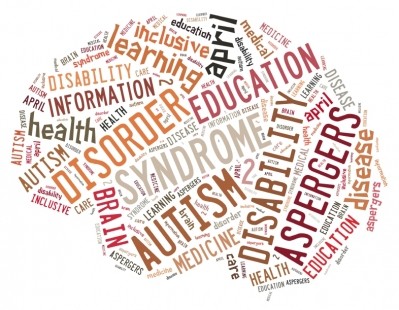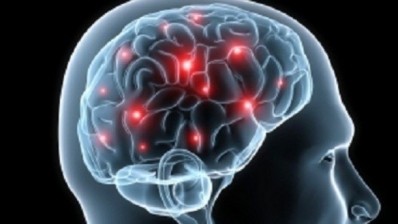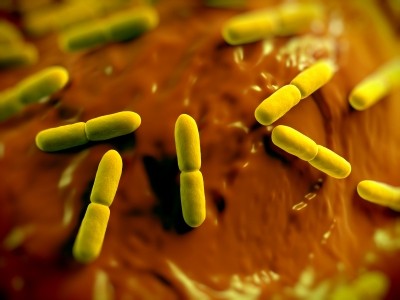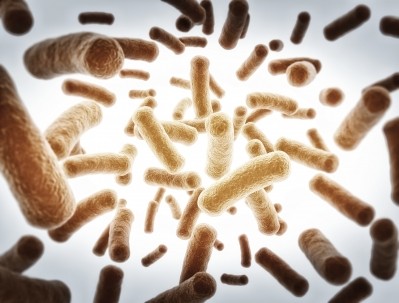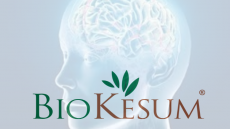Microbiome modulation may aid symptoms of autism: Study
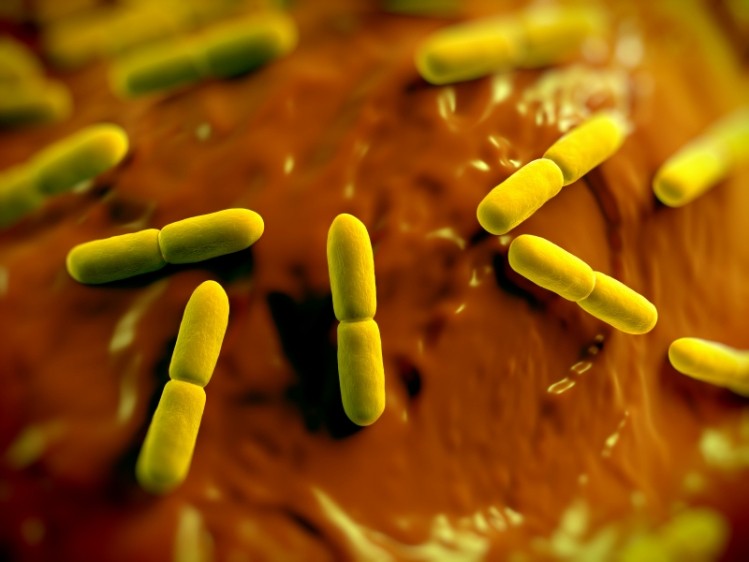
Writing in the journal Neuroscience, researchers from China note that disturbances of the gut microbiota have previously been implicated as a possible contributor to behavioural symptoms of autism spectrum disorder (ASD) and that modulation of the gut ecosystem that affects the gut-brain axis could be a novel strategy for ASD symptoms.
Led by J.M. Zhou from Shanghai Children’s Hospital and Shanghai Jiaotong University, the review states that although the exact aetiology and pathology of ASD remain unclear, a disorder of the microbiota–gut–brain axis is emerging as a prominent factor in the generation of autistic behaviours.
“Application of modulators of the microbiota–gut–brain axis, such as probiotics, helminthes and certain special diets, may be a promising strategy for the treatment of ASD,” they said – adding that restoring the balance of the microbiota–gut–brain axis “offers promising beneficial therapeutic effects on autistic deficits.”
However, Zhou and colleagues warned that direct clinical evidence for a role of the microbiota–gut–brain axis in ASD is still relatively limited, and that further research, including randomised double-blind clinical studies are required to determine the role of the microbiota–gut–brain axis in the aetiology of ASD.
ASD and the gut
Autism spectrum disorder is a series of neurodevelopmental disorders that are characterized by deficits in both social and cognitive functions.
Clinical studies have suggested that gastrointestinal symptoms and compositional changes in the gut microbiota frequently accompany cerebral disorders in patients with ASD, said the Chinese research team.
“Although the exact aetiology and pathology of ASD are still unclear, the interactions between the gut and the brain within ASD have received considerable attention,” they wrote. “Recently, studies on gut microbiota have provided important observations concerning this complex bidirectional axis.”
They noted that recent studies have also suggested that a disturbance of the gut microbiota may contribute to ASD behavioural symptoms and that the potential therapeutic benefit of the gut microbiota modulation has also shown in mouse models.
Microbiome modulation
Zhou and colleagues said there is considerable potential for the alteration of the gut microbiome, and thus the gut-brain axis via the use of nutritional factors including probiotics and specialised diets.
“It is believed that many environmental factors could affect the microbiota–gut–brain axis, not least of which is the daily food intake,” said the team.
“It has been shown that food can influence the composition of the gut microbiota,” they added – noting that such diet-induced changes in the microbiota could then influence serum metabolites and modulate the brain activity.
“Therefore, certain foods may restore the balance of the microbiota–gut–brain axis and have therapeutic effects on ASD-related deficits,” suggested Zhou et al – adding that a gluten-free, casein-free (GF/CF) diet has previously been suggested to improve the symptoms of ASD children.
However, they conceded that conclusions of the GF/CF diet study are controversial and that further studies have suggested no effect.
Another area of potential, could be in the use of probiotics, they noted: “The effects of probiotics have been demonstrated in the modulation of the gut microbiota composition and the intestinal immune system, thereby promoting food digestion and nutrition absorption and improving the intestinal barrier function.
Indeed, they noted that recent trials have suggested probiotic administration may be an effective therapy for ASD through the modulation of the microbiota–gut–brain axis.
For example, a 2010 double-blind, placebo-controlled, crossover trial found that oral administration of the probiotic strain Lactobacillus plantarum WCFS1 significantly increased the number of lactobacilli/enterococci and reduced the count of Erec482 (Clostridium cluster XIVa) compared to placebo.
Probiotic consumption was also linked with significantly improved stool consistency and decreased overall behaviour scores of autistic subjects, commented the team.
Source: Neuroscience
Volume 324, Pages 131–139, doi: 10.1016/j.neuroscience.2016.03.013
“The microbiota–gut–brain axis and its potential therapeutic role in autism spectrum disorder”
Author: Q. Li, J.-M. Zhou
